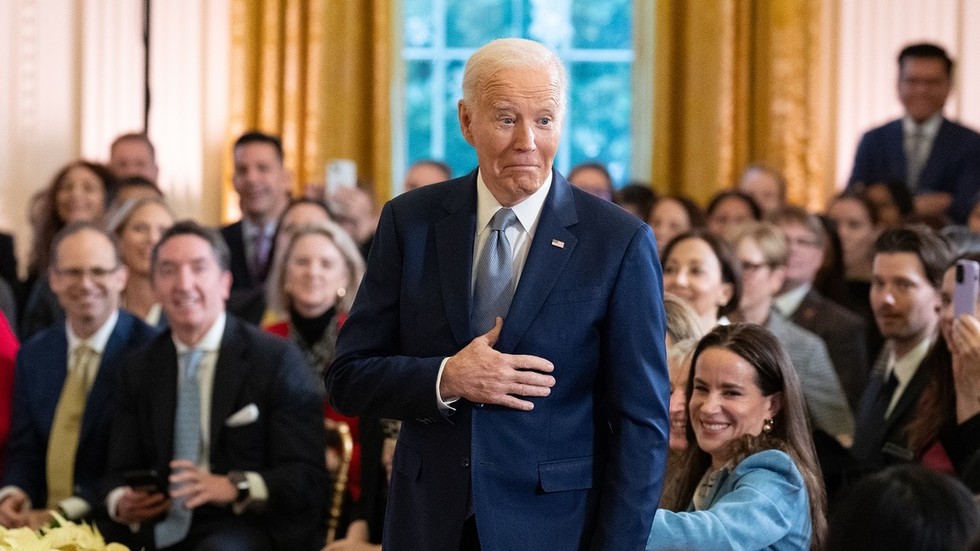In a significant move, outgoing US President Joe Biden has granted clemency to 1,499 individuals and pardoned 39 non-violent offenders, a historic act of mercy that has been announced by the White House. This latest clemency decision comes shortly after Biden issued a blanket pardon to his son, Hunter Biden, who faced sentencing for federal tax and gun-related convictions. The White House claims this clemency represents the largest single-day issuance of such leniency in American history, surpassing the previous record set by President Barack Obama in 2017 when he commuted 330 sentences. Biden’s actions reflect a pivotal shift in the exercise of presidential clemency, particularly in the context of criminal justice reform, which aims to reunite families and bolster community structures after years of mass incarceration.
Joe Biden’s commutation of sentences primarily benefits those who have shown successful reintegration into society. Many of these individuals had experienced home confinement due to the Covid-19 pandemic, which disproportionately impacted the prison population, shedding light on the dire conditions within US detention facilities. The emphasis of Biden’s clemency grants appears to prioritize individuals convicted of non-violent drug offenses, particularly marijuana possession, alongside pardons for former LGBTQI+ service members who faced punishment based on their sexual orientation. This strategic approach underscores Biden’s commitment to reforming the criminal justice system, a topic that has gained substantial attention in recent years as advocates call for more humane treatment of offenders.
Biden’s legacy in the area of criminal justice must also be viewed in the context of his previous legislative actions. As a senator, he played a crucial role in the passage of the 1994 Crime Bill, which has been criticized for contributing to the mass incarceration crisis, especially among African American communities. The bill is often cited as a catalyst for the escalating war on drugs, initiating a political competition between the Democratic and Republican parties regarding punitive crime policies. Critics argue that the Crime Bill ensnared many non-violent offenders in the prison system, disproportionately affecting marginalized populations and perpetuating cycles of disadvantage.
The recent pardon of Hunter Biden has sparked polarized reactions; many see it as a blatant act of favoritism, undermining the principles of justice. The president justified the pardon by asserting that Hunter’s prosecution was politically motivated, a claim that has drawn skepticism from various quarters. Moreover, public opinion reflects a stark divide, with only 20% of Americans and 40% of Democrats supporting the decision. This chasm in approval ratings raises questions about the broader implications of presidential pardons, particularly when they involve family members of sitting presidents.
This clemency spree arrives amidst ongoing debates over accountability and justice within the American criminal system. Critics of Biden’s pardoning of his son emphasize that such actions can erode public trust in the legal system, especially if they appear to selectively benefit the privileged. While advocates praised the commutation of non-violent offenders, they warn that the perception of justice being unevenly administered could foster further cynicism among voters, particularly in an era where calls for systemic reforms are growing louder.
Ultimately, Biden’s recent actions reflect both a historic stride towards reforming the criminal justice system and a politically charged environment surrounding issues of power and privilege. While his clemency decisions may serve to undo some of the damage caused by past punitive policies, the contrasting reception in public opinion highlights the complexities and sensitivities associated with clemency power. As discussions around justice and equity continue to evolve, Biden’s legacy will likely be viewed through the lens of these critical choices and their implications for American society moving forward.

